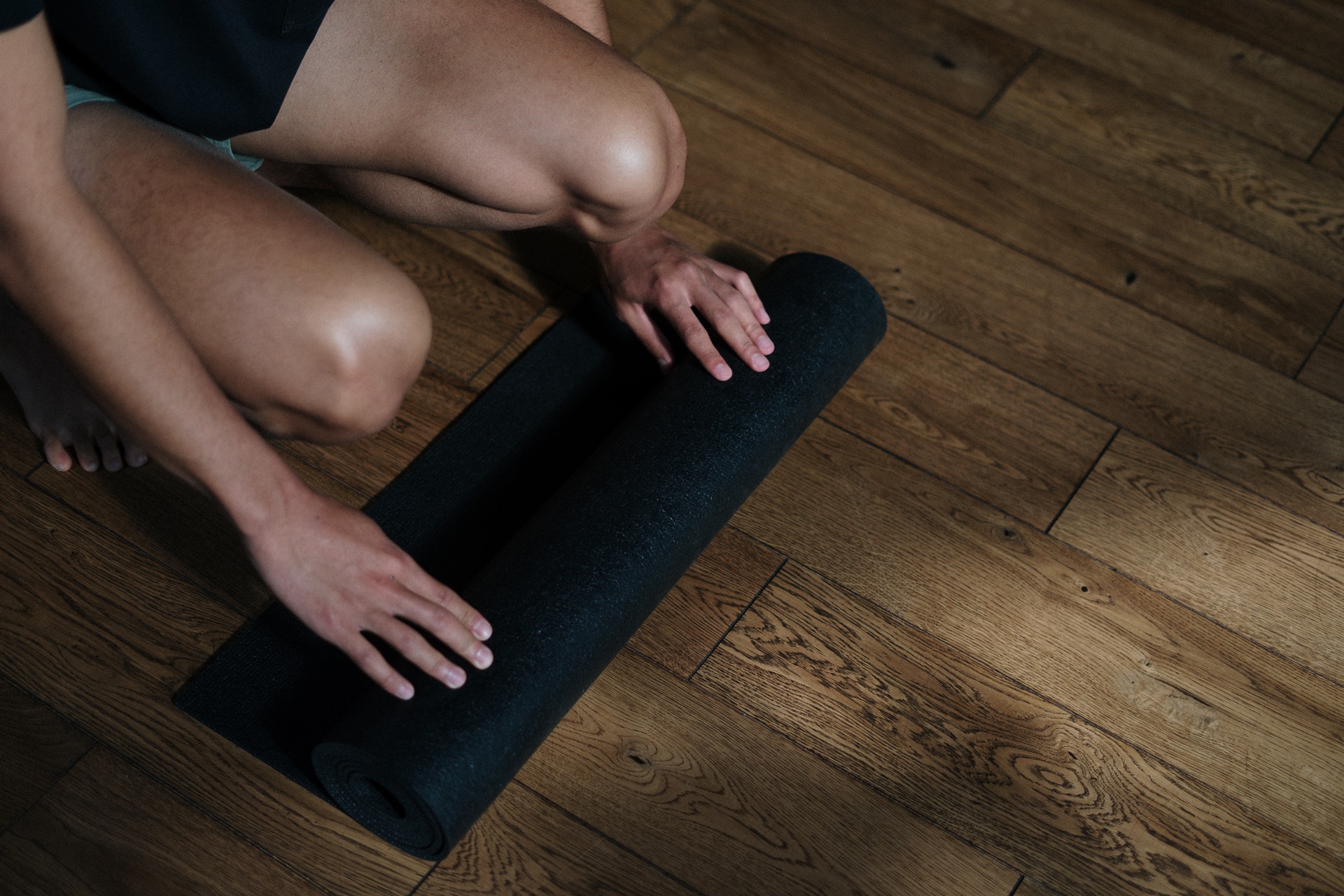The tea vs. coffee standoff feels as ancient as the dawn of mankind. Tea lovers look down at coffee aficionados like they’ve joined a cult they’ll never come back from alive, while coffee aficionados — some complete with espresso IV drip — think tea drinkers are the real zombies, just with a holistic bent. But in fact, tea drinkers have a point. There are loads of health benefits to drinking this beverage.
Dress up Your Tea for Tasty Consumption
Most of the tea you’ve been exposed to comes from the plant camellia sinensis, and it comes in four forms — black, white, green and oolong. Many coffee drinkers are averse to making the consumption of tea a regular habit because the tea varieties they’ve tasted come off as bland. Regions also differ in their tea preferences and preparations. In southern U.S. restaurants, sweet tea enthusiasts fill tea vats with at least five cups of sugar with a large packet of black tea — that’s where they get the energy to bless so many hearts. Aside from fruit flavors or earl grey, there’s herbal tea — which many holistically minded folks consume as infusions also known as tisanes. From lowering risks for cardiovascular disease to preventing cancer, tea and herbal infusions have many health benefits. To optimize the health benefits you get from tea, you should brew it properly:
- Skip the microwave. Use a small pot if you don’t have a teapot or electric kettle. An electric kettle makes it easier to brew tea at the proper temperature.
- It only takes one. When it comes to one small pot, one tea bag or tea strainer is perfect. Of course, there are always exceptions to the rule. If you like it stronger, move that infusion to your cup and let the bag or strainer relax in your cup. You can always add more to make the amount perfect for you and your guests, and let it steep longer.
- Add your milk. Traditional black tea calls for milk, and you can also add your honey, sugar or sweetener of choice.
How Do You Brew Healthy Tea Properly?
If you are new to brewing tea, opt for a lower temperature to avoid scalding the leaves. Cool herbal infusions are also a thing. Here’s a quick guide to proper brewing temperatures for the four basic tea varieties:
- Black tea temperatures vary on the lower spectrum of 180 to 190 degrees Fahrenheit for some teas, such as darjeelings. Most black teas brew on the higher end of 200 to 212 degrees Fahrenheit.
- White tea needs to be brewed below boiling temperatures. Think of cooking a turkey. The necessary temperature is just below that, and 160 degrees Fahrenheit for a perfect white tea. You’ll know it’s done when small bubbles form on the bottom of the pot.
- Green tea also needs lower temperatures, from 150 to 180 degrees Fahrenheit, so it won’t taste grassy or bitter.
- Oolong tea depends on the brewing technique you’re using. Many westerners brew oolong teas from 180 to 200 degree Fahrenheit. Are you a pot watcher? Look for 5 mm bubbles and moderate steam.
- Herbal tea isn’t truly “tea” but, rather, an infusion of herbs that you drink like tea. There are a number of varieties – common popular ones include peppermint, chamomile, ginger, and hibiscus. Each has a unique brewing time, hibiscus is about 5 minutes, ginger can be up to ten.
Brewing tisanes will vary due to the variety of leaves, but 212 degrees Fahrenheit works well in general at full boil if you’re using a tea packet picked up from the grocery store. When combining multiple herbs, infusions may incorporate various parts, or ratios, of the herbs based on what properties you want to be more potent. Each variety of the common teas also has a certain amount of caffeine. For example, oolong tea fits right down the middle, with less than black but more than green. Some are caffeine-free. There’s more to tea than you know, folks.
Why You Should Drink Tea Today and Every Day
Is tea healthy? Duh. There are so many reasons to drink tea to improve your health. Indulge in your coffee habit, but make tea your supplemental drink. It has a lot to offer health-wise.
1. Cardiovascular Health Boost
The flavonoids found in tea improve heart health and lower risks for cardiovascular diseases. Those who consume green or black tea show lowered risks of stroke and heart attack. Your blood vessels respond more positively to stress, also.
2. Antioxidants Act As Anti-Cancer Sentinels
Black tea contains polyphenols with antioxidant effects that act as anti-cancer sentinels on a mission to destroy free radicals in the body, protecting you from such cancers as skin, breast, colon, lung, esophagus, stomach, pancreas, liver, ovarian, prostate and oral. Seventy-five percent of people drink black tea more than other types of tea.
3. Tea Hydrates You
Despite the ravings of naysayers, tea with or without caffeine will hydrate you — so feel free to count tea in your water-I-drank-for-the-day tally. Some food cravings your body experiences may be due to dehydration. Drink water or a cup of tea before you give into cravings. Wait ten minutes and see. Water is vital to all bodily systems. Don’t rely solely on teas to maintain your health. Integrate teas into your daily routine alongside eating a balanced diet and working out. Remember, do all things in moderation, and take joy in the mindfulness that brewing and sipping a healthy cup of tea offers.






[…] Is Drinking Tea Healthy? The Answer: DUH […]